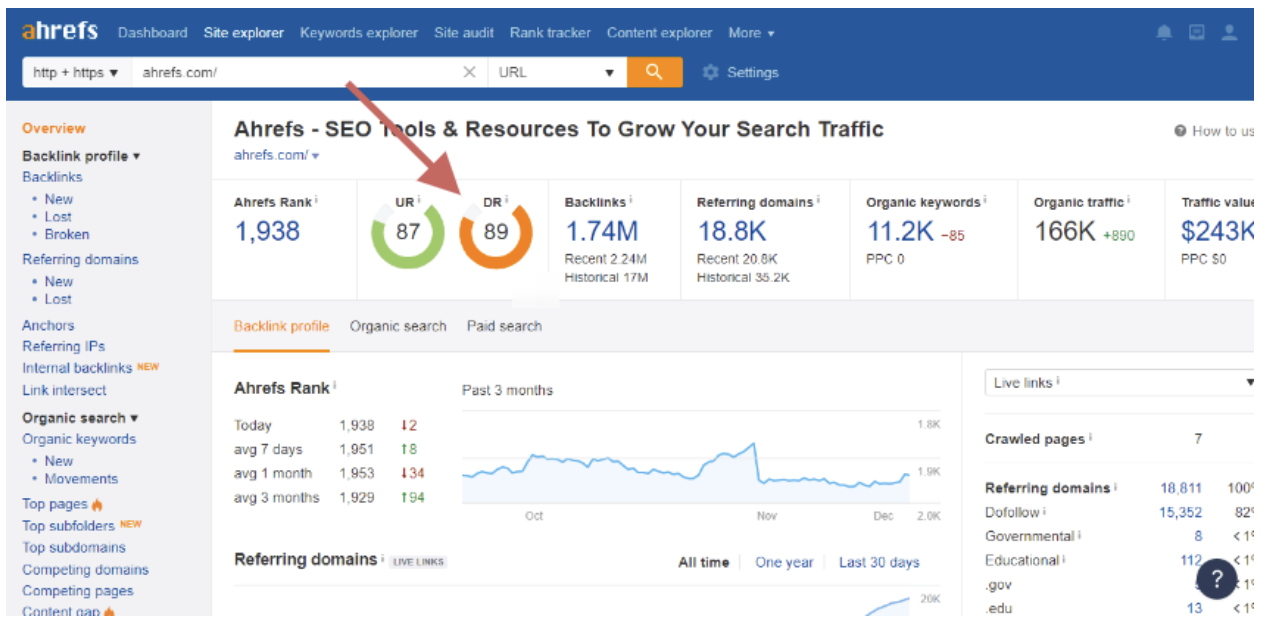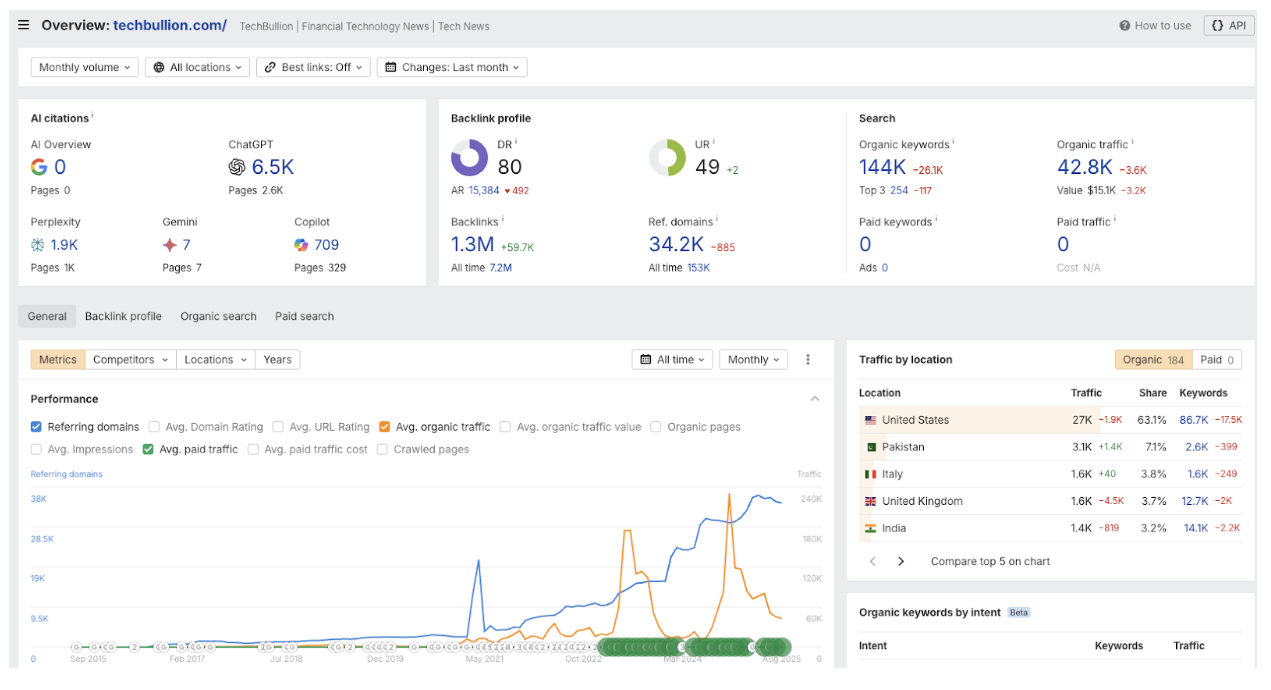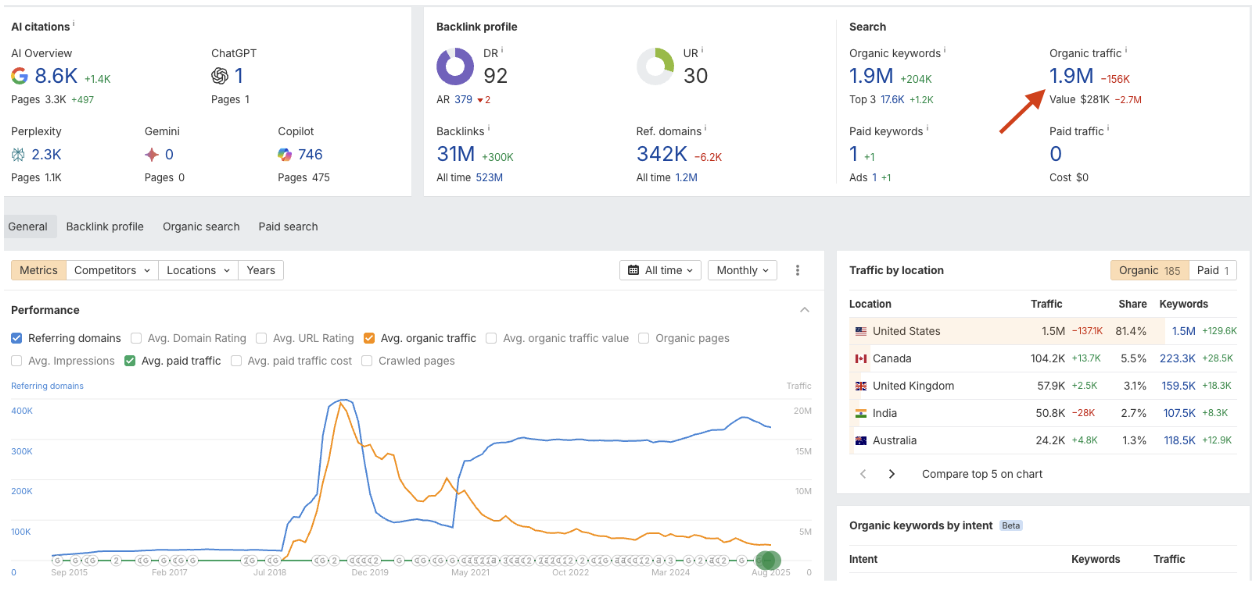How to Audit a Site Before Buying a Link: A 10-Step Checklist for 2025
 (8).jpg)
In 2025, link building remains a foundational strategy for SEO success. However, the way search engines evaluate backlinks has evolved dramatically. Google prioritises trust, relevance, and authority more than ever before. Simply buying backlinks without due diligence is risky and can harm your site’s rankings and reputation.
As an SEO expert with years of experience helping businesses grow organically, We recommend a thorough audit before buying backlinks to ensure your investment drives real results. This 10-step checklist is designed to guide you through evaluating any site with precision and confidence.
1. Evaluate Domain Authority and Trustworthiness
Use reliable tools like Moz’s Domain Authority (DA), Ahrefs’ Domain Rating (DR), and Majestic’s Trust Flow to gauge a site’s overall strength. A high score generally indicates authority, but it should be combined with other qualitative measures. Trustworthiness is key to avoiding harmful links.

2. Analyse the Backlink Profile
Review the site’s backlink profile for diversity, quality, and relevance. Look out for spammy links, unnatural anchor texts, or link farms. A healthy backlink profile from authoritative and relevant sources signals that the site maintains SEO integrity.

3. Assess Content Quality and Relevance
High-quality, well-written, and regularly updated content is a strong signal of a valuable site. Ensure the content is contextually relevant to your niche. Thin or duplicate content can devalue your backlink and may harm your SEO.
Google’s algorithms use a variety of ranking factors to assess content quality as part of its search engine optimisation process.
It looks for signals like relevance to search queries, user engagement metrics, and adherence to SEO best practices.
Google's focus on E-E-A-T (Experience, Expertise, Authoritativeness, and Trustworthiness) plays a crucial role in this evaluation.
4. Check for Spammy or Manipulative Signals
Avoid sites overloaded with intrusive ads, excessive pop-ups, or irrelevant affiliate links. These elements often indicate poor site quality and may lead to Google penalties.
5. Confirm Niche and Audience Relevance
Relevance to your industry or niche is crucial. Links from related sites pass stronger contextual signals and can drive meaningful traffic. Irrelevant links not only have limited SEO benefit but may be flagged as manipulative.
6. Analyse Organic Traffic and User Engagement
Use tools like SimilarWeb or Ahrefs to verify consistent, healthy traffic and engagement. Sites with genuine visitors are more valuable and trustworthy sources for backlinks.

7. Verify Technical SEO and Mobile Optimisation
A technically sound and mobile-friendly website improves user experience and is favored by search engines. Use Google’s Mobile-Friendly Test and audit tools to check site health and speed.
8. Examine Social Proof and Brand Presence
Active social media profiles and audience engagement reflect authority and trust. Strong brand presence across channels is a positive indicator of site quality.
9. Review the Site’s History and Penalty Status
Leverage the Wayback Machine to assess the site’s history for any suspicious content changes or redesigns. Avoid sites with a history of penalties or spammy behavior, which can negatively impact your SEO.
10. Ensure Strategic Link Placement and Editorial Integrity
Where your backlink is placed matters. Links embedded naturally within relevant, high-quality editorial content offer the most SEO value. Avoid links in footers, sidebars, or unrelated sections as they carry less trust.
Buying Backlinks: Good or Bad?
The question of buying backlinks is nuanced. As SEO experts with over a decade of combined experience, we understand the concerns around this practice.
Buying backlinks can be good when done ethically and strategically. Purchasing links from reputable, relevant publishers accelerates your SEO efforts and provides real value. This is especially true for startups and new websites competing in tough niches. Platforms like Adxom exemplify this new approach by offering vetted, high-quality publishers and transparent transactions.
Buying backlinks can be bad when it involves low-quality or irrelevant sources. Links from spammy sites, link farms, or private blog networks violate Google’s guidelines and risk penalties. Such practices can damage your site’s authority and rankings.
The key is quality, relevance, and transparency. Trusted marketplaces combined with thorough site audits ensure backlinks are not just bought but earned with integrity. This approach aligns with Google’s evolving algorithm and the principles of Experience, Expertise, Authoritativeness, and Trustworthiness (E-E-A-T).
Conclusion
In 2025, buying backlinks without auditing is a gamble that can cost your SEO dearly. By following this 10-step checklist, you can confidently identify sites that will boost your authority and rankings without risking penalties.
Remember that modern link building is about building trust, relevance, and authority — not just acquiring volume. Use expert tools, data-driven insights, and trusted platforms like Adxom to future-proof your SEO strategy.
Why Choose Adxom for Your Link Building Needs?
Adxom understands the complexities of today’s SEO landscape. We provide a vetted marketplace that connects buyers with authoritative publishers, especially in challenging niches like crypto, finance, and casino. Every listing is verified for quality and relevance, backed by secure transactions and transparent processes.
Start buying backlinks the smart way. Visit Adxom.com and elevate your SEO today.
